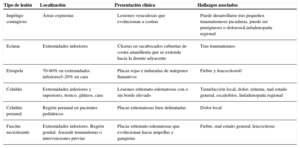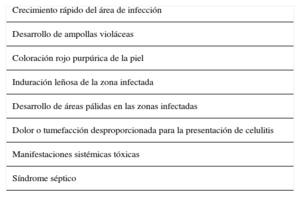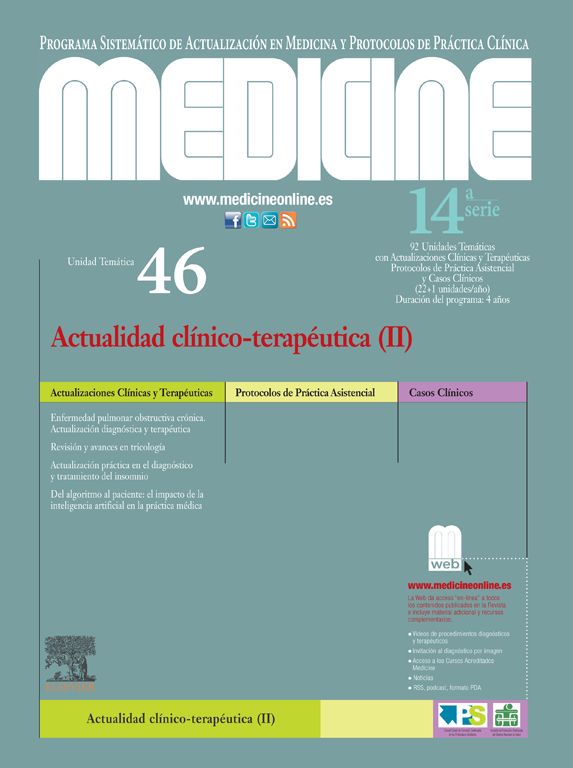Los estreptococos son cocos grampositivos que se disponen en cadenas o en parejas. La mayoría son aerobios o anaerobios facultativos. La clasificación de los estreptococos ha sufrido durante los últimos años importantes cambios. Los estreptococos del grupo A constituyen la especie más virulenta para los seres humanos que son sus huéspedes naturales. Estos estreptococos pueden causar faringoamigdalitis, infecciones de piel y partes blandas, bacteriemias, endocarditis, meningitis, escarlatina, neumonía, fiebre reumática y glomerulonefritis. Los estreptococos del grupo B, por lo general, causan infecciones graves en mujeres puérperas, neonatos (sepsis neonatal), artritis séptica y endocarditis. Los estreptococos de los grupos C y G suelen vivir normalmente en los animales, pero también pueden crecer en la cavidad bucal, faringe, intestino, vagina y piel. Son causa de faringitis, neumonía, infecciones de heridas, sepsis posparto y neonatal, endocarditis y artritis séptica. Los estreptococos del grupo D crecen normalmente en el tracto digestivo inferior, en la vagina y en la piel circundante, y pueden producir infecciones de piel y partes blandas, endocarditis, infecciones urogenitales y bacteriemias. La mayoría de los esptreptococos son sensibles a la penicilina que es el tratamiento de elección.
Palabras clave
Streptococci are Gram-positive cocci that are arranged in chains or pairs. Most are aerobic or facultative anaerobes. The classification of streptococci has suffered in recent years important changes. Group A streptococci are the most virulent for humans, who are their natural host species. These streptococci can cause pharyngitis, skin infections and soft tissue, bacteremia, endocarditis, meningitis, scarlet fever, pneumonia, rheumatic fever and glomerulonephritis. The group B streptococci usually cause serious infections in postpartum women, infants (neonatal sepsis), septic arthritis and endocarditis. Streptococci of the C and G groups often live normally in animals but can also grow in the mouth, pharynx, intestine, vagina and skin. They are the cause of pharyngitis, pneumonia, wound infections, postpartum and neonatal sepsis, endocarditis and septic arthritis. Group D streptococci normally grow in the lower digestive tract, vagina and surrounding skin and can cause infections of skin and soft tissue, endocarditis, bacteremia and urogenital infections. Most of the esptreptococos are sensitive to penicillin is tratameinto choice.
Keywords
Identifíquese
¿Aún no es suscriptor de la revista?
Comprar el acceso al artículo
Comprando el artículo el pdf del mismo podrá ser descargado
Teléfono para incidencias
De lunes a viernes de 9h a 18h (GMT+1) excepto los meses de julio y agosto que será de 9 a 15h





